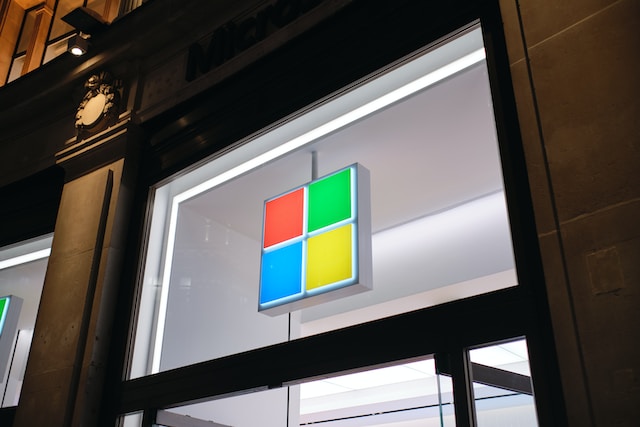The tech and gaming communities are abuzz with excitement as Microsoft and Activision, two prominent industry giants, set their sights on a monumental merger. In a pivotal move that could reshape the gaming landscape, the CEOs of both companies are poised to urge a US judge to grant approval for their proposed $69 billion merger. This article provides an in-depth analysis of the potential outcomes and implications of this landmark deal.
The Powerhouses behind the Merger: At the forefront of this merger are Microsoft, a global leader in software, hardware, and cloud services, and Activision, one of the largest and most influential game publishers in the world. By combining forces, these industry powerhouses aim to create an unrivaled gaming and entertainment conglomerate capable of revolutionizing the gaming experience across platforms.
Driving Factors behind the Merger:
- Expanding Microsoft’s Gaming Empire: Microsoft’s foray into the gaming industry dates back to the introduction of the Xbox console in 2001. Since then, the company has continually expanded its gaming division, acquiring renowned developers and fostering a strong gaming community. The merger with Activision would amplify Microsoft’s gaming portfolio, bolstering their position against competitors and enabling them to deliver innovative gaming experiences to an even wider audience.
- Activision’s Extensive Game Library: With iconic franchises such as Call of Duty, World of Warcraft, and Candy Crush Saga, Activision possesses a vast library of highly popular games. By incorporating Activision’s intellectual property into its ecosystem, Microsoft would secure a wealth of exclusive content, attracting more gamers to their platforms and solidifying their market presence.
- Harnessing the Potential of the Metaverse: As the concept of the metaverse gains traction, both Microsoft and Activision recognize its transformative potential. By merging their expertise, resources, and technologies, they aim to create immersive, interconnected virtual experiences that transcend traditional gaming boundaries. This collaboration could propel the development of the metaverse, offering users a new dimension of interactive entertainment.
Potential Impacts on the Gaming Landscape:
- Enhanced Innovation and Creativity: The merger of Microsoft and Activision would foster a climate of increased innovation, as the combined entity pools together a diverse range of talents, skills, and resources. This synergy could pave the way for groundbreaking game development, pushing the boundaries of creativity and delivering next-generation gaming experiences to players worldwide.
- Competitive Advantage in Cloud Gaming: With Microsoft’s Azure cloud infrastructure and Activision’s expansive game library, the merged entity would be well-positioned to dominate the emerging field of cloud gaming. By leveraging their collective strengths, they could offer seamless gaming experiences across devices, eliminating hardware limitations and expanding accessibility for gamers everywhere.
- Potential Disruption in Esports: The merger’s potential impact on the esports scene cannot be overlooked. Activision’s successful esports ventures, including the Call of Duty League and the Overwatch League, combined with Microsoft’s commitment to competitive gaming, could lead to the creation of an esports powerhouse. The merged entity could revolutionize esports by delivering unmatched production value, widespread viewership, and enhanced player experiences.
Conclusion: The forthcoming plea from the CEOs of Microsoft and Activision to a US judge for approval of their proposed $69 billion merger signifies a groundbreaking move within the tech and gaming industry. If successful, this merger could reshape the gaming landscape, further fuel innovation, and pave the way for unparalleled gaming experiences. The future of Microsoft and Activision, along with the broader gaming world, hangs in the balance as the industry eagerly awaits the judge’s decision.












